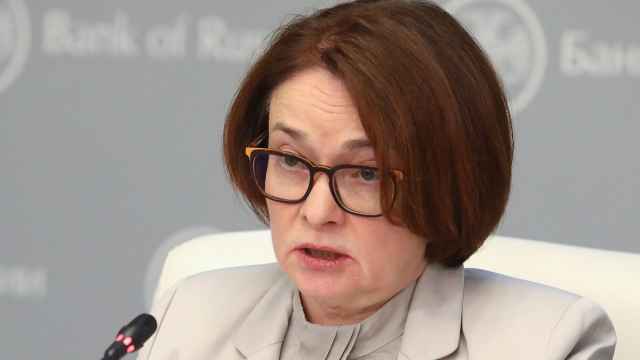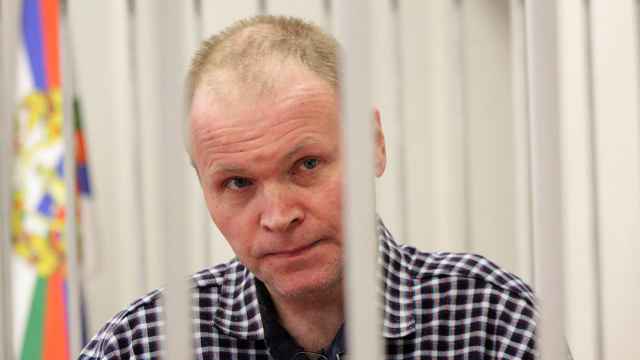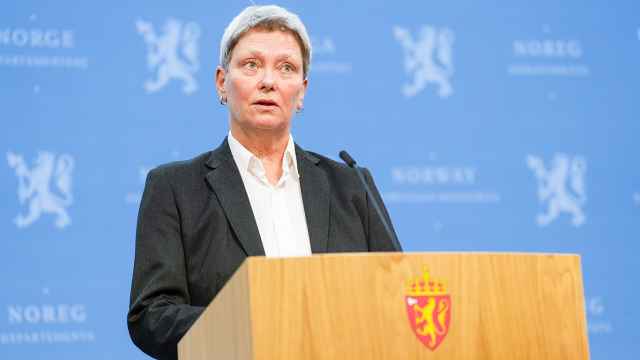
Andrey Chulakhvarov
Head of Permanent Staffing Department
Coleman Services
The Russian ministry of economic development has given out an assessment to GPD growth in 2013 at 1.8% (same figures were issued by World Bank), though both sources were originally more optimistic. Seen against this background, their new assessment of Russian GDP growth of 3% in 2014 is hardly a foregone conclusion. Standard & Poor's suggests that the Russian economy has reached its limit of growth potential.
The significance is all too evident: less growth, fewer opportunities. When it comes to new jobs, it is the dynamics of the economy, not sheer numbers of GDP that are important. In a country where consumer and B2B markets have matured and saturated to a degree where further expansion is unlikely, the job market is liable to grind to a halt.
That is not to suggest that we'll see any drastic changes in the market structure — no mass lay-offs, no recruitment freezes encompassing whole industries. But certain trends are to be expected. It so happens that each recent year can have its buzzword derived from its principal HR trend or HR function getting most attention. While 2009 was the year of redundancies, 2010 was that of learning and development, 2011 — of re-hiring, 2012 — of retention and 2013 is the year of "engagement." It is very probable that 2014 is going to be the year of compensation & benefits.
In a market where companies struggle hard to maintain revenues, the cost structure and its sheer volume becomes a crucial factor in a company's success. Of course this is nothing new to more developed markets of EU and US, but Russians are only getting the foretaste of what real competition can lead to. The need to find the balance between the price and value will drive companies to attune to market realities with more zeal than before. And of course, cost-saving will dominate business decisions.
Unemployment rate may rise insubstantially as some of the companies may plan and execute occasional redundancy programs. Graduate recruitment will be harder than ever, with marked shortage of candidates, the latter coming with exorbitant expectations and, more often than not, inapplicable qualifications.
Standard & Poor's suggests that the Russian economy may have reached the limit of its growth potential.
Experienced professionals will continue to be in great demand, but the notorious value-for-money proposition will be harder than ever to come by. In terms of actual recruitment, many companies will be shrewd enough to know the average market price for each position they plan to open. The compensation median will be the ban of the business: while being the most rational target for budgeting purposes, it will automatically signify the "average" talent. And in real life, average talent means average competencies, average motivation, and average personality. Let's not forget: average is a very relative term. Any recruiter will tell you that candidates typically want to change employers because challenges are ever more daunting, while resources are meager; the job has gotten into a routine with no potential for career growth and therefore no longer exciting. And almost all candidates have only vaguest ideas of what the next job should be like, if considered realistically. That is the average response and average motivation. How many employers would want to hear complaints about what is basically the job on offer? The upshot is that in employers' eyes, average candidate deserves less-than-average compensation, while great candidates deserve what's been budgeted. And all of sudden, it turns out that when offers are made, candidates are cautious and reluctant to accept them. They will expect counter-offers, or another offer they see as more generous. So the war for talent will not end in 2014, rather it will be a war of attrition.
Speaking of attrition, personnel turnover rates will remain singularly unaffected. With fewer new offers, employees will keep on working. The longer the person works, the harder it is for him (or her) to leave an established routine. And when the new offer comes, the chief motivating factor will be… well, compensation and benefits. And with the market players seeking alignment and exercising strict labor cost control, the direct compensation will be comparable. Therefore it is minor things which will sway the talent to join a particular company: an office location, a well though-out long-term incentive plan, flexible hours, private pension plan and medical insurance for the whole family. A concept of total compensation (as opposed direct compensation) will be more prevalent when discussing job offers across all industries.
If an employer disregards incentives and benefits comprising a competitive package and will continue to insist on paying average to top-talent, then such by-products as job offer rejections, prolonged searches, rising cost-per-hire will be the never-ending affliction. Moreover, 2014 will be the year of growing candidate awareness. Before reaching a decision to quit a comfort zone in one company, a worker will research the perspective employer extensively, from getting referrals from former employees to what happened to a predecessor and the reputation of the future boss. It is all too easy to imagine that good candidates will be just as careful choosing an employer as employers a candidate. Eventually this will result in vacancies that can't be filled 7-8 months or more. And whereas the aggregate number of vacancies advertised will seem indicative of a dynamic market, in fact fewer jobs will be found in 2014 than in 2013.
A Message from The Moscow Times:
Dear readers,
We are facing unprecedented challenges. Russia's Prosecutor General's Office has designated The Moscow Times as an "undesirable" organization, criminalizing our work and putting our staff at risk of prosecution. This follows our earlier unjust labeling as a "foreign agent."
These actions are direct attempts to silence independent journalism in Russia. The authorities claim our work "discredits the decisions of the Russian leadership." We see things differently: we strive to provide accurate, unbiased reporting on Russia.
We, the journalists of The Moscow Times, refuse to be silenced. But to continue our work, we need your help.
Your support, no matter how small, makes a world of difference. If you can, please support us monthly starting from just $2. It's quick to set up, and every contribution makes a significant impact.
By supporting The Moscow Times, you're defending open, independent journalism in the face of repression. Thank you for standing with us.
Remind me later.





